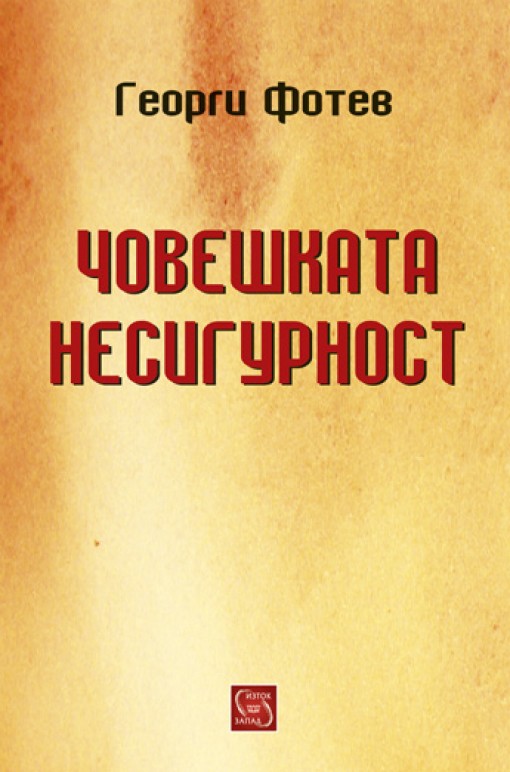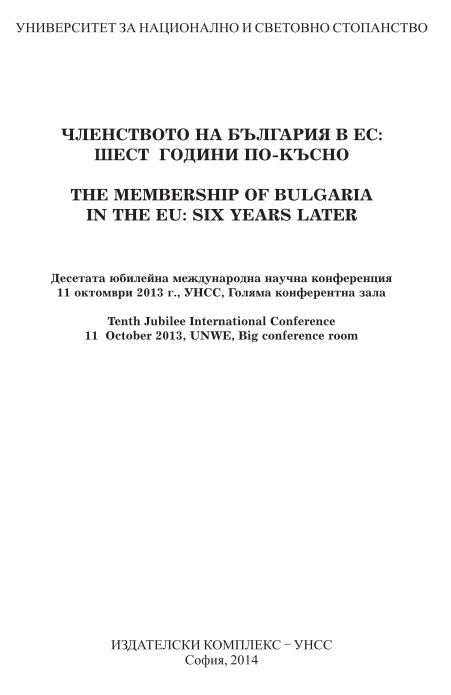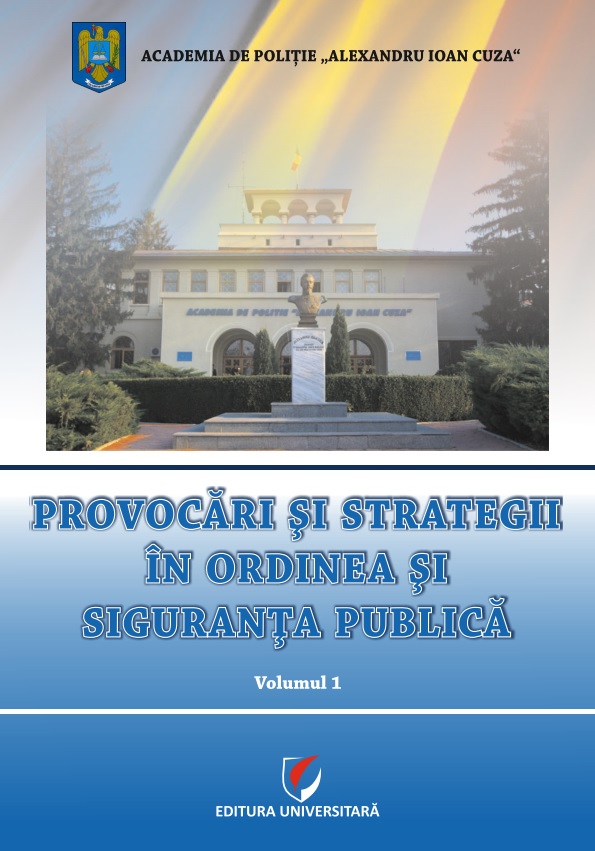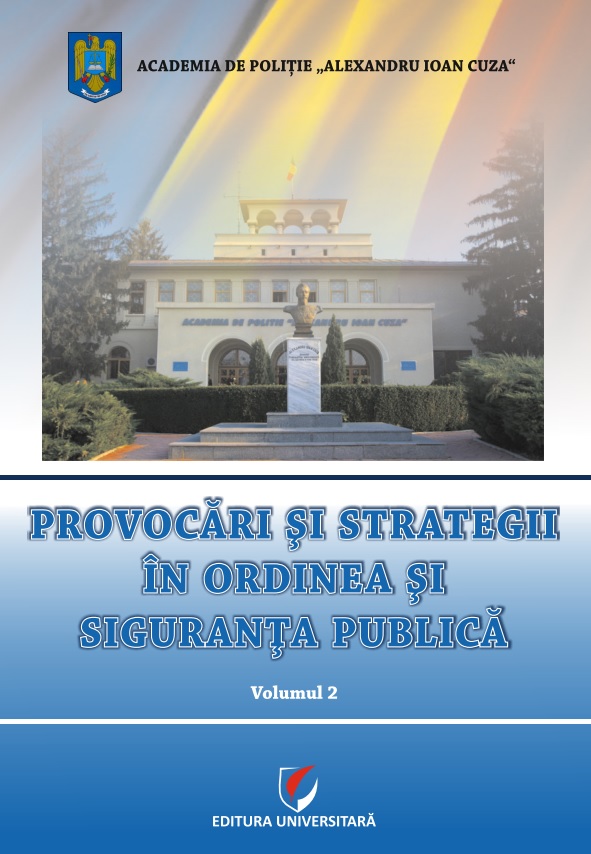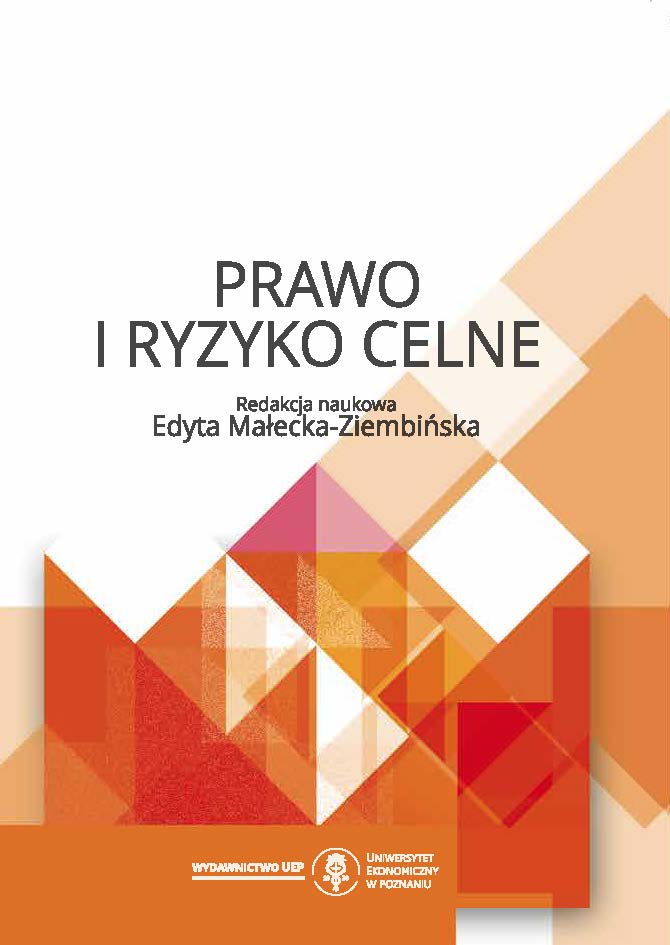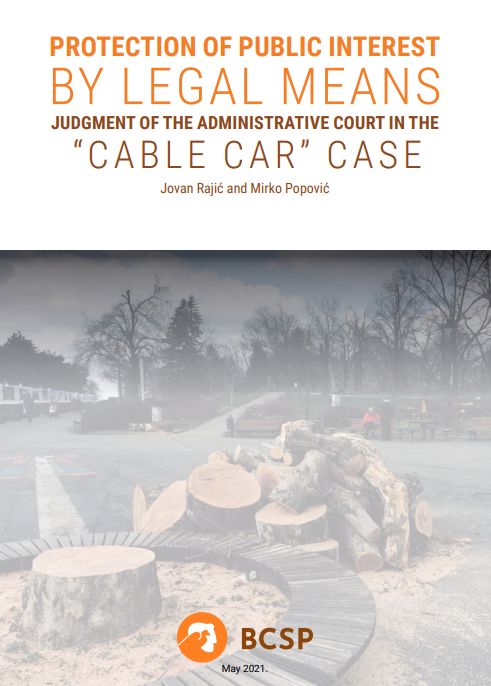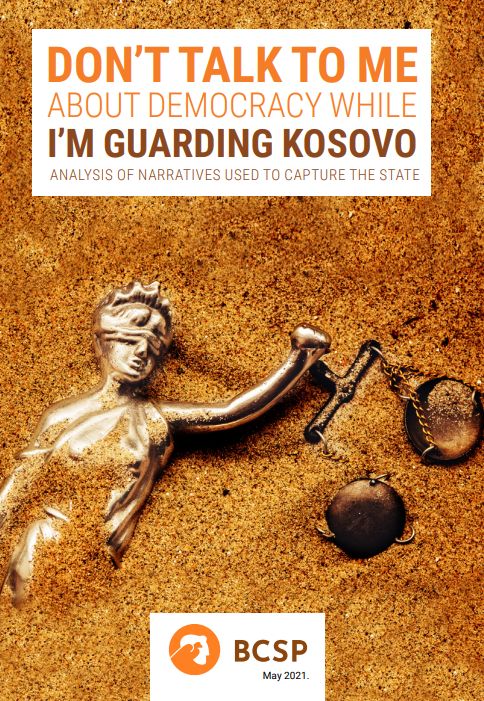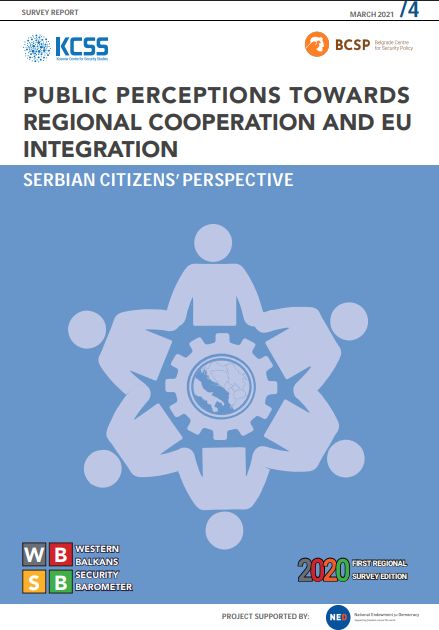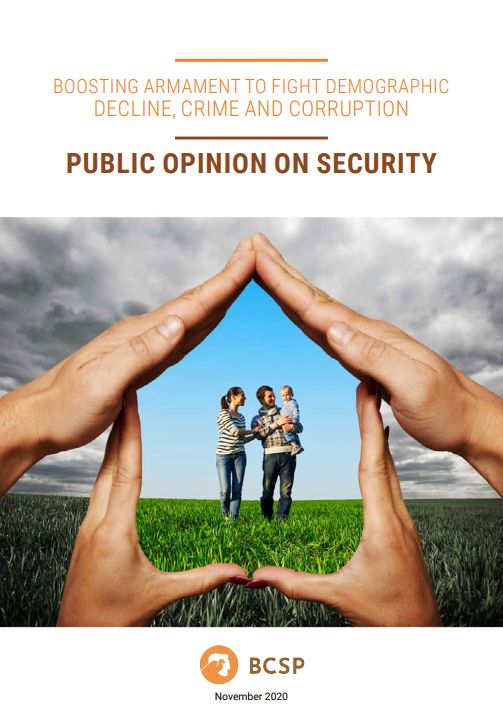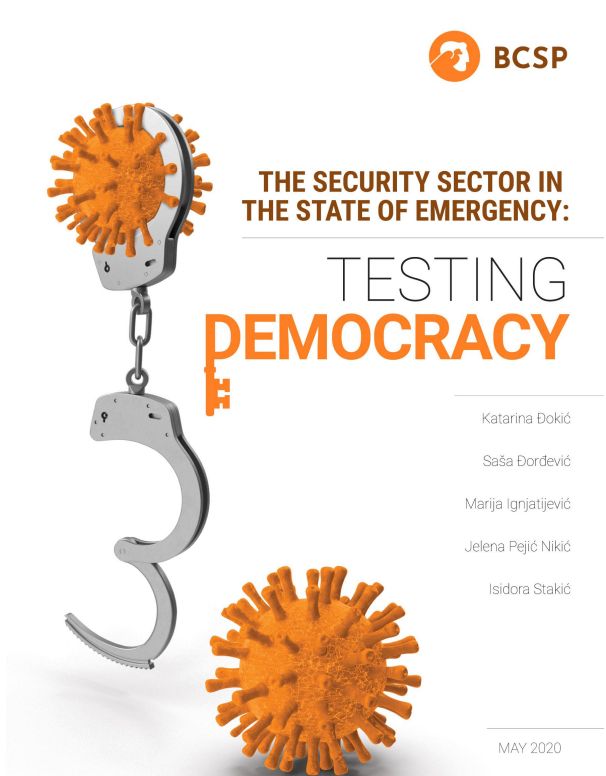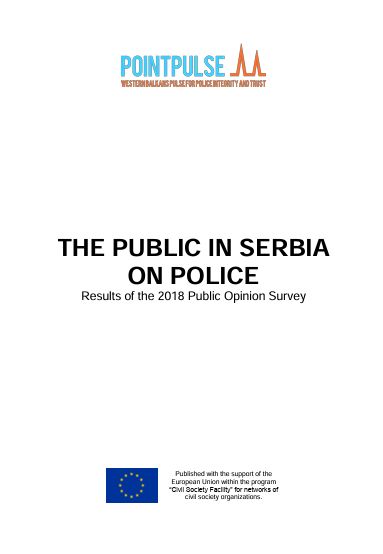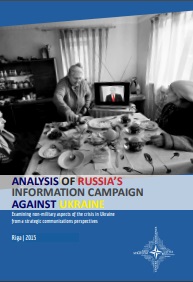
ANALYSIS OF RUSSIA’S INFORMATION CAMPAIGN AGAINST UKRAINE
The report analyses Russia’s information campaign against Ukraine, covering the period from the 3rd Eastern Partnership Summit in Vilnius (28-29 November 2013) until the annexation of Crimea (16 March 2014). It refers also to some more recent, important examples of the information campaign relating to events such as the MH17 air tragedy. Over the years, Russia has been drawing lessons from different Allied operations and has worked on adapting its military planning to the realities of a modern conflict. It tested these lessons in the recent August 2008 war with Georgia which marked the first use of cyber warfare and information operations in conjunction with a conventional military operation. Russia has also shown a willingness to modernize Soviet-era tools and adapt them to today’s complex information environment. Critically, it has been willing to afford informationbased activities primacy in operations, using more conventional military forces in a supporting role. Russia’s information campaign has to be analysed in the context of the strategic narrative of the Russian government, reflected in policy documents like the Foreign Policy Review of 2007 and the State Security Review of 2009, and supported by legislative initiatives like the Federal Law on the Russian Federation’s State Policy on Compatriots Living Abroad. The notion of compatriots deserves particular attention as it allows Russia to legitimize the state’s duty to defend its compatriots abroad from any kind of threat to their rights or physical well-being. It also leads to the explanation of the need to sustain the so-called Russian World which implies maintenance of a unified Russian-language information sphere beyond the borders of the Russian Federation (mainly targeting the territory of the former USSR). The Russian government’s long-developed control over the mass media has been an important factor in the effective implementation of the information campaign against Ukraine. Russia’s narrative was instrumentalized with the help of concurrent messaging. For example, the main Russian TV channels were actively involved in framing opinions about the situation in Ukraine from the very beginning of the crisis. Control is exerted directly by the Presidential Administration, including also government-controlled internet ‘trolling’ which is a growing, under-researched phenomenon used to support the Russian government’s narrative. This control over the media has made it difficult for democratic states with free media to compete with the forceful, synchronized messaging of the Russian government. The Russian narrative includes several dominant themes: positioning Russian Slavic Orthodox Civilization in opposition to “decadent” Europe; positioning Ukraine as integral to Eurasianism and the creation of the Eurasian Economic Union; promoting the Russian World which unites Eastern Slavs, implies that Russians and Ukrainians are one nation, and recognizes the natural supremacy of Russia; portraying Ukrainians as a pseudo-nation who are unable to administer their own country and sustain their statehood; referring to the Great Patriotic War thus bringing out the hatred of Nazism and relating it to the Euromaidan protesters who are labelled as nationalists, Nazis and fascists posing a threat to the ethnically Russian part of Ukraine’s population; dividing the West by utilising the differing interests of EU member states and positioning the USA in opposition to the EU; and using legal and historic justifications to legitimize Russia’s actions in Ukraine (including the Crimea Referendum). The report identifies that Russia’s information campaign was central to Russia’s operations in Ukraine. The information campaign and related military action by Russia corresponds to the characteristics of a new form of warfare where the lines between peace and war, foreign military force and local self-defence groups are blurred and the main battle space has moved from physical ground to the hearts and minds of the populations in question. Crimea may be considered a test-case for Russia in trying out this new form of warfare where hybrid, asymmetric warfare, combining an intensive information campaign, cyber warfare and the use of highly trained Special Operation Forces, play a key role. The crisis in Ukraine has provided valuable lessons for the Ukrainian government, the countries neighbouring Russia (whose Russian-speaking communities were enlarged as a result of Soviet-era policy), and NATO and the EU as organisations. The following are the general conclusions of the report: • Russia was prepared to conduct a new form of warfare in Ukraine where an information campaign played a central role. The characteristics of the new form of warfare which were implemented in Crimea were outlined by General Valery Gerasimov, Chief of the Russian General Staff, nearly a year before the crisis in Ukraine. Analysis of the Ukraine conflict suggests that NATO and the EU must adapt to the new reality where information superiority, as opposed to military power, is becoming increasingly important. • Russia’s narrative is largely based on historical memory. Russia’s thorough understanding of its own audiences – including compatriots abroad – was able to leverage historical memory: the Great Russian Empire, World War II and Nazi atrocities, and the might and collapse of the USSR. • Crisis in Ukraine is a result of Russia’s long term strategy. Learning from the Russian information campaign in Ukraine, it is clear that early detection and analysis of those elements within the Russian narrative signalling potential aggressive behaviour is critical. The report also demonstrates that Russia’s state policy documents contain such indications. • The role of Compatriots Abroad is critical and should be considered carefully in the future. The security implications for countries neighbouring Russia are particularly serious. The kind of strategy that Russia has employed in Ukraine is likely to work best in areas where there are larger communities of Russia’s Compatriots Abroad. They are the targets of Russia’s information campaign and potentially may be ready to provide local support in cases of Russian aggression. The Ukraine and Georgian cases demonstrate that such information campaigns, backed by military means, are easier to carry out in territories bordering Russia – in particular, in those countries which are not members of NATO and therefore not party to the Washington Treaty. • Audience Analysis is critical to operational success. Russia has demonstrated that understanding audiences and what motivates them is critical to operational success that is enduring. • There is “another side of the coin” to Russia’s information campaign. Although Russia’s information campaign has been successful in influencing its audiences (the Russian population and compatriots abroad), it also bears a degree of counter-productivity as it has radicalized and alienated other audiences – West Ukraine and Kyiv, the populations of NATO and EU countries and the USA. • Deception is used by Russia as a tactic to distract and delay. Investigating and disproving the false information, different versions of events and even conspiracy theories rapidly disseminated by Russia requires a lot of time, effort and resources on the part of international organisations like NATO, the Ukrainian government, independent media, experts and even ordinary citizens. • Disinformation campaigns erode over time. The evolution of the crisis in Ukraine beyond Crimea demonstrates that disinformation campaigns erode over time as more and more factual evidence is revealed to negate lies and falsification.
More...
